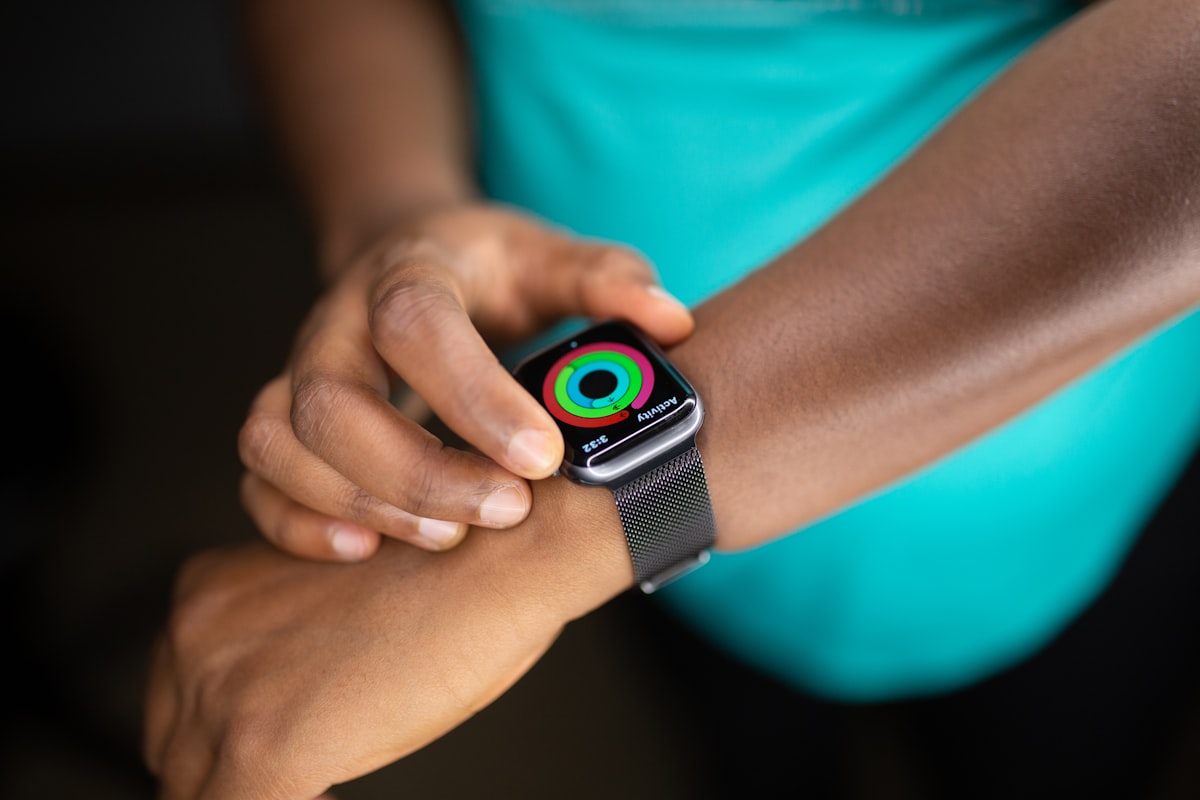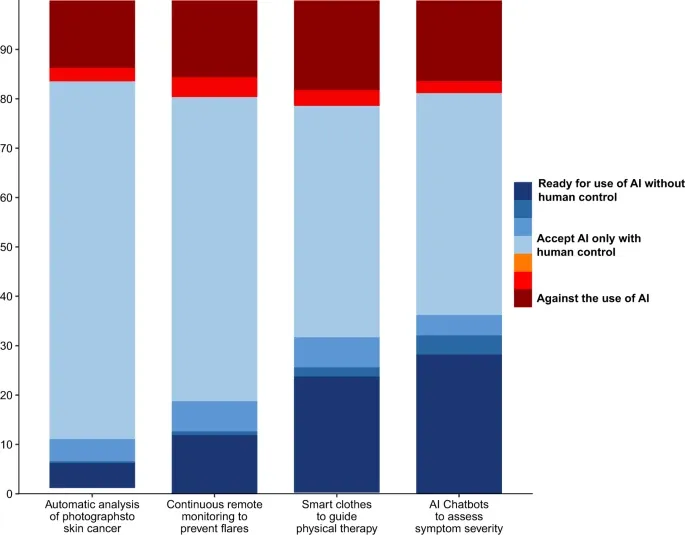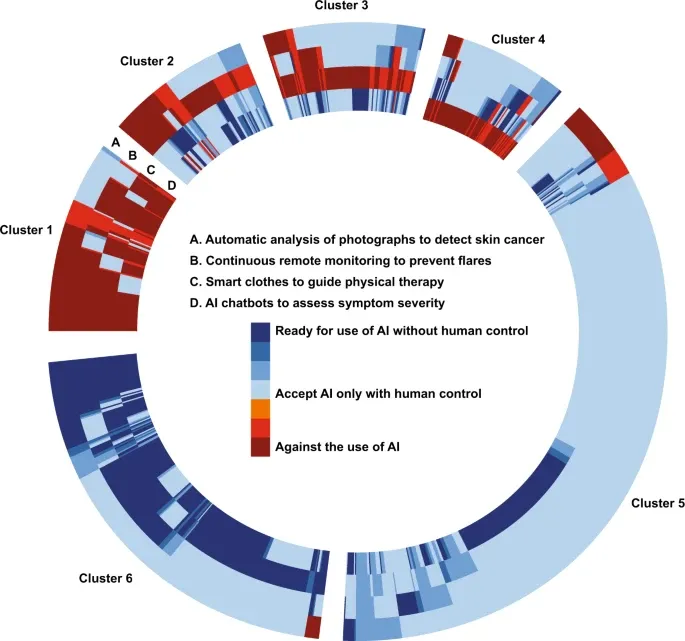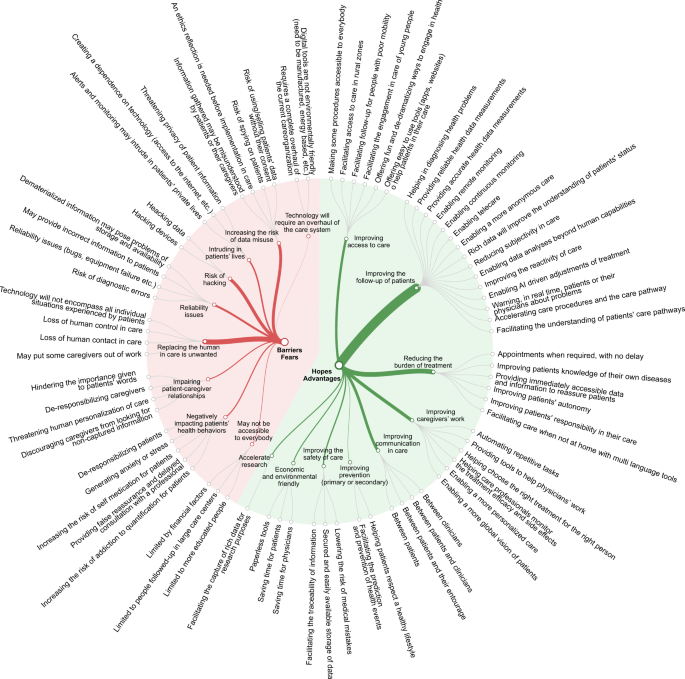|
Hey there, thanks for reading the Sunday's email, this one comes a few days early. If you enjoy it: - Please forward it to a friend. It takes ten seconds and makes a big difference. They can subscribe here.
- React and comment using the buttons below and fill out this 1-minute survey.
Your feedback matters so I can improve. Thanks! 💯 This paper has 128 citations and 6 highly influential at the time of writing. Data by Semantic Scholar. Many papers and companies are pushing the benefits of using wearables in healthcare. Here's one for diabetics using a closed-loop insulin system. And another one that found that wearables contribute to better detecting unknown disease. I'm also sure you know at least one company that produces wearables. From the doctors' point of view, they are most likely useful. Especially, if they're integrated with some form of AI. Yet, the patients' engagement, uptake, and adherence are still uncertain. A paper published in npj Digital Medicine in 2019 wanted to examine what patients thought about this. The researchers recruited almost 1200 chronic French patients, representing the French population. Opportunity or a danger?The first part of the study asked them to rate how they see the use of digital technologies, biometric monitoring devices (BDMs/wearables) and AI in healthcare. This was based on a scale representing them as an opportunity or a danger. Afterward, they also submitted some open-ended comments, which yielded this excellent image. 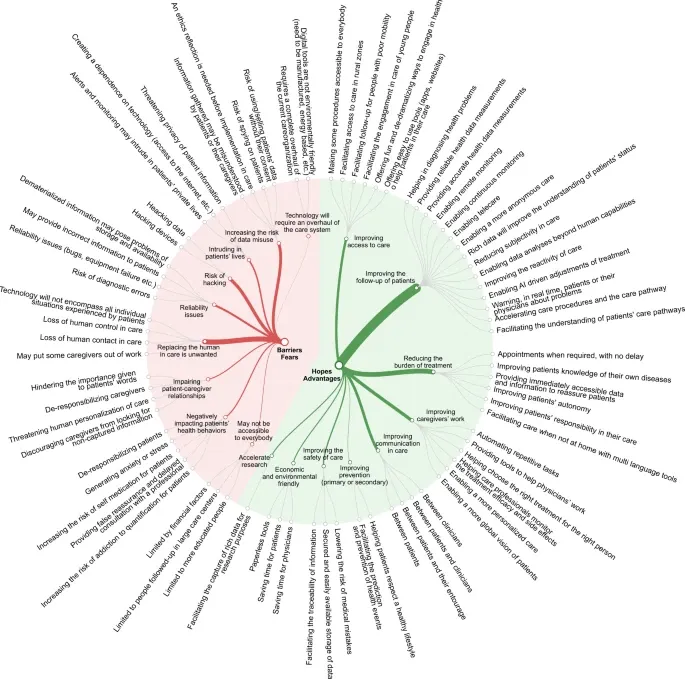 Source. Click the image to zoom. In a nutshell, almost half of the patients thought the BDMs and AI are a great opportunity. 20% of them thought that the potential benefits outweigh the potential dangers. 3% thought the other way round. And 11% thought they are dangerous to use. Open the picture in your browser for more detailed comments. Getting specificIn the second part of the study, the researchers got specific. They asked the patients if they would: - Allow an AI to screen for skin cancer from photographs.
- Wear a sensor for AI-analysis of their chronic condition instead of clinical follow-ups.
- Wear a smart shirt to guide physical therapy.
- Use an AI chatbot to help them determine how urgent their problems are.
They rated the situations from completely against, to using it without human control. Answers were further categorized into 6 clusters, seen on the following two images. Source. Click the image to zoom. It's interesting that about the same number of patients opposed using technology in all situations. All in all, the patients feared that doctors would misuse technology and/or be replaced by it. They also think BDMs and AI should help doctors predict outcomes, but still decide for themselves in the end. Strengths and limitationsAccording to the paper, it was the most comprehensive description of how patients feel about using BDMs and AI to date. The researchers used open-ended questions, which allowed them to explore a wide range of perspectives. Their sample size was also large and diverse, but limited to the French population. But the results might be a bit too optimistic. The patients were part of a citizen science initiative. And answering questions on paper isn't exactly how these things work in the real world. A doctor would have to be included and decide together with the patient.
Patients’ views of wearable devices and AI in healthcare: findings from the ComPaRe e-cohort - npj Digital Medicine
npj Digital Medicine - Patients’ views of wearable devices and AI in healthcare: findings from the ComPaRe e-cohort
Thanks for reading. It takes me 10+ hours to find and summarize these papers every week. If you enjoyed it: - Please forward it to a friend. It takes ten seconds and makes a big difference. They can subscribe here.
- React and comment using the buttons below and fill out this 1-minute survey.
See you next week, Martin
This summary is based on research from the article Patients' views of wearable devices and AI in healthcare: findings from the ComPaRe e-cohort by Tran, VT., Riveros, C. & Ravaud published in npj Digital Medicine. The original work is freely available and licensed under the Creative Commons Attribution 4.0 International License. Adaptations and summaries are provided by Medical Notes and are not endorsed by the original authors or publisher.
|
